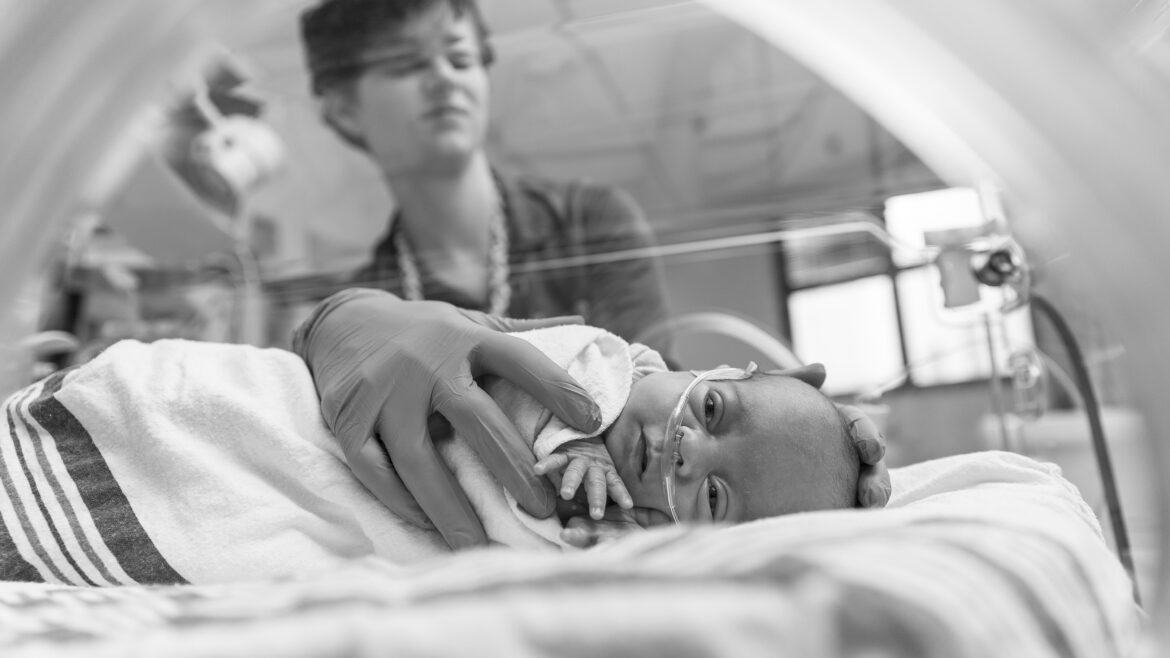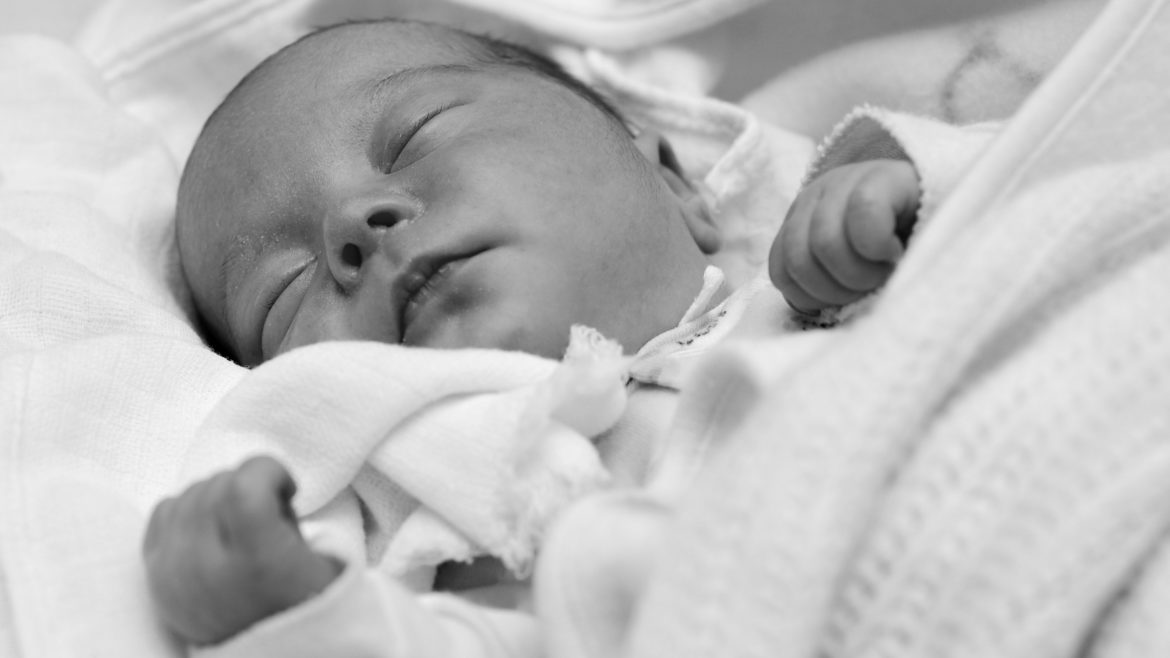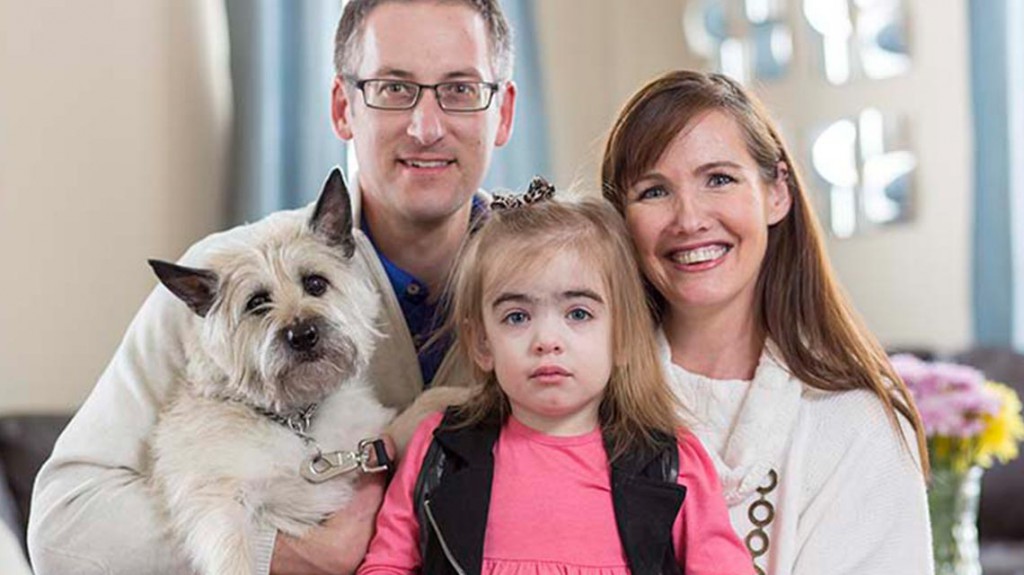Higher Respiratory Severity Scores Associated with Bronchopulmonary Dysplasia-Associated Pulmonary Hypertension Risk
Higher Respiratory Severity Scores Associated with Bronchopulmonary Dysplasia-Associated Pulmonary Hypertension Risk https://pediatricsnationwide.org/wp-content/uploads/2024/02/031618ds0470-1024x683.jpg 1024 683 Mary Bates, PhD https://secure.gravatar.com/avatar/c6233ca2b7754ab7c4c820e14eb518c8?s=96&d=mm&r=gThe RSS score is noninvasive and may be clinically useful for risk stratification in extremely preterm infants. Researchers at Nationwide Children’s report that elevations in the respiratory severity score were correlated with an increased risk of bronchopulmonary dysplasia-associated pulmonary hypertension in preterm infants. This study identifies a pragmatic clinical risk score that can be measured…






